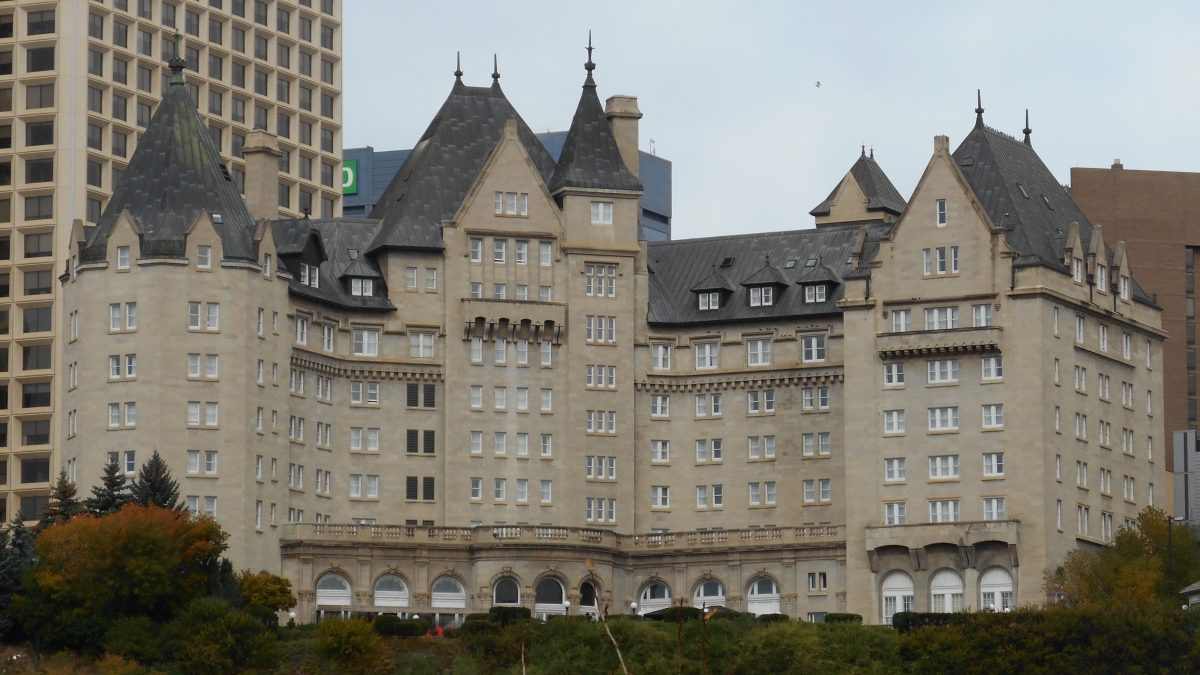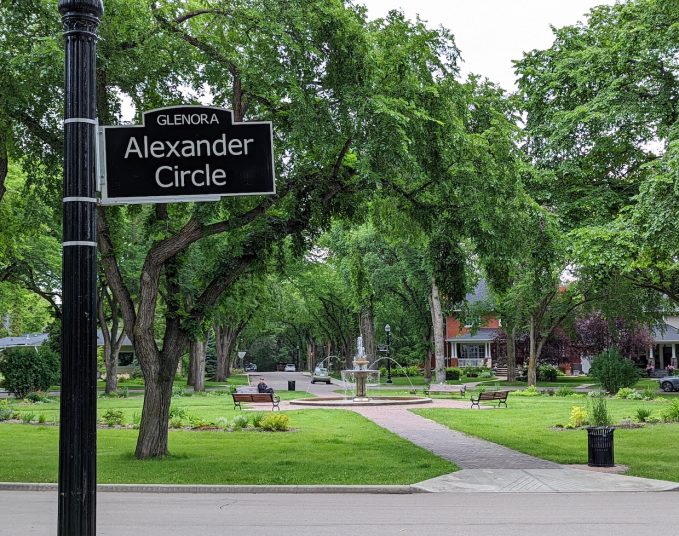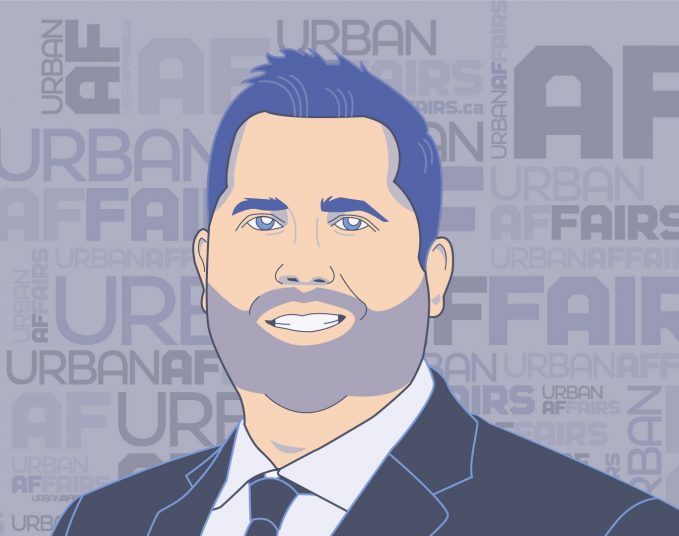Amid debilitating labour shortages in the aftermath of the pandemic, hotel managers like Garrett Turta have had to “get creative” to fill the gaps.
“Is it uncommon for me to have to go and help clean some rooms or park some cars or help do some different things? No. That happens,” said Turta, general manager of
Edmonton’s iconic Fairmont Hotel Macdonald, one of Edmonton’s most exclusive hotels.
“If a big event or something happens, we have to really call all hands on deck to make things work, and we do that. It’s not like before, where you could just call in more
people, because we just don’t have them.”
Before COVID hit, the Fairmont Hotel Macdonald had a 250-strong staff. That number obviously plummeted during the first few months of the pandemic – when hotels were shut down completely – but staffing levels have struggled to rebound in the two years of uncertainty since.
“While we were closed, we only had 13 people, basically just patrolling the building … and then a team that would be ready to ramp up and get going as things came back,”
he said.
But, as the hospitality industry endured the ensuing rollercoaster of closures and openings, a lot of the hotel’s staff decided to leave for more stable industries.
“We lost a lot of people that were regulars in the industry just for fear … as things were coming and going and coming and going, and they needed some stability in their life.”
Right now, the hotel has a staff of 130 and is hiring for 32 positions, 15 of them full-time.
A recent job fair seeking everything from a head mixologist to banquet server and front desk agent netted about 12 new hires.
“It was very successful and far exceeded what we had thought. It’s nice to see new people coming into the industry because I think we offer a lot.”
Turta says his hotel hasn’t had to cut back on any of its services, but he’s heard other hotels have had to take more drastic measures.
“There’s certain hotels in the Rockies that have to limit how many rooms they can sell because they literally cannot clean enough to keep going. That happened last summer and I would assume, unless things changed, it would happen again this summer. So it’s definitely a strain on our industry – when things are finally back – to not be able to sell.”
Some hotels in the province are handling the shortage by, for example, only offering housekeeping from Monday to Friday.
Staffing shortages are an industry-wide problem. According to the Hotel Association of Canada, the supply of qualified workers is far short of demand and is only poised to get worse.
It says this “critical shortage” has led to everything from hampered industry growth to eroded ability to compete to inferior customer service. It says if nothing is done, 240,000 jobs will go unfilled in the tourism sector by 2035, and the shortfall in revenues will reach an estimated $27.4 billion. It adds there could be a shortfall of 10,000 workers in the accommodation industry alone.
The association is working with the federal government on a plan called Destination Employment, which it says will “mobilize at least 1,300 refugees and new Canadians
into available hotel jobs in five key regions across the country.”
Turta is hopeful that people who love working in the hotel industry will start to come back.
“It’s a very rewarding industry, and a lot of people that leave miss that personal interaction that you get out of our industry, so I think a lot of them will come back once that stability starts to come back.”
He adds hotels can help themselves hang on to experienced staff by taking care of them, creating a team environment and maintaining communication through times of instability.
“Even while we were closed, we did weekly Zoom calls and kept everyone apprised of what was happening. We kept benefits going, we put together little food baskets for everyone, so I think that really spoke well for us,” he said. “Having that mindset to make sure that you take care of people is so important.”
Savvy AF. Blunt AF. Edmonton AF.




